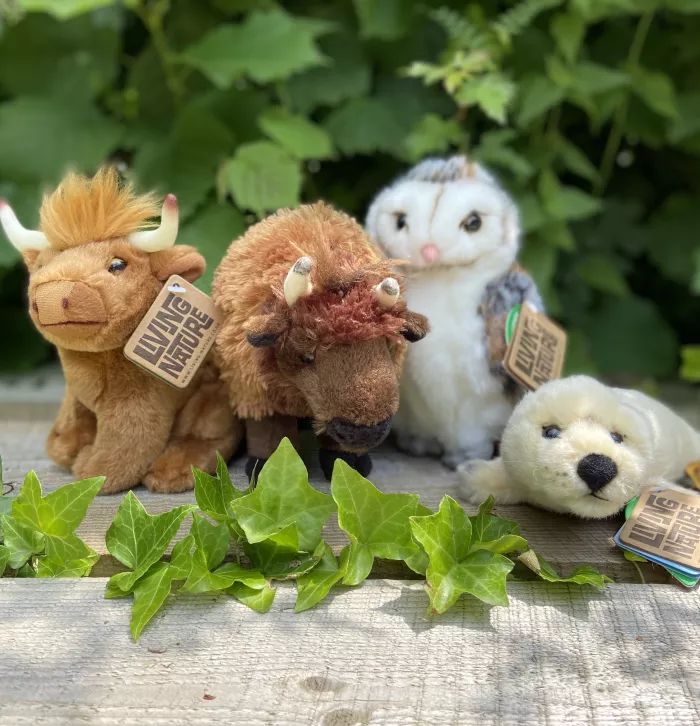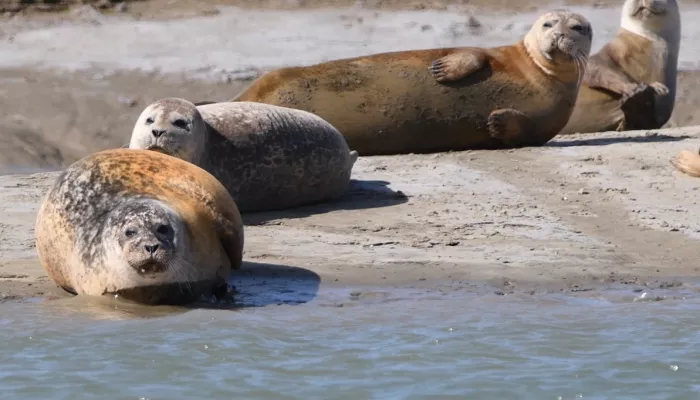It is vital we give these precious marine mammals the environment they need to thrive and to do this we simply just need to stay back, keep quiet, and minimise our impact on their habitat.Nina Jones, Kent Wildlife Trust’s Protected Area Warden
“It’s essential that we give space and share the shore with these protected animals. Never approach or pick up a seal pup as it is dangerous to both you and the seal. Many pups are not wary of humans and will not try to escape when approached, meaning that it is extra important to give them space. A healthy fear response is needed for survival.”
Seals can be disturbed easily and what may appear to be normal behaviour, like getting in and out of the sea, can have a significant impact on the marine mammal, causing them to struggle to put on weight or feed their pups. Repeated disturbance may result in injury from stampeding, they may gash their bellies on sharp rocks, tear their skin on sand or rip out their claws.
The upsurge in paddle boarding poses a particular risk to seals as they can approach animals quietly and get too close. Paddlers can help seals by paddling slowly and steadily, not stopping at a seal site, or getting too close. Never try to take a seal selfie or feed or follow them. If a seal is repeatedly lifting its head and looking in your direction, you have disturbed it, so leave the area slowly and quietly.”
A rise in the number of boat tour operators offering seal experiences has prompted Kent Wildlife Trust to encourage companies to complete WiSe training a scheme centered around watching marine wildlife in a wildlife-safe way. Operators learn how they can safely conduct tours without significantly impacting wildlife which is especially important for seals.
So far, one tour operator operating in the area is WiSe trained with more interested in taking part, and the trust is keen for more business to complete the course.
Nina added: “One of our Wilder Kent 2030 strategy goals is to engage with more people to do more for nature so we can protect 30% of Kent’s land and sea and by working with tour operators, the paddle board community and those enjoying our coastline for recreation we are all helping nature in our county thrive.”
In addition to protecting seals, people visiting the coastline are asked to think carefully about how their presence impacts nature. Sites like Sandwich and Pegwell Bay are a haven for migratory birds who often nest on the ground. This means they are vulnerable to disturbance, particularly from dogs. Those walking dogs in the area are asked to keep their pet on a lead at all times to project these precious habitats.
People can learn more about watching seals safely on Kent Wildlife Trust’s website.
If a seal appears to be injured or in distress, please contact British Divers Marine Life Rescue on 01825 765546 (office hours) or 07787 433 412.


